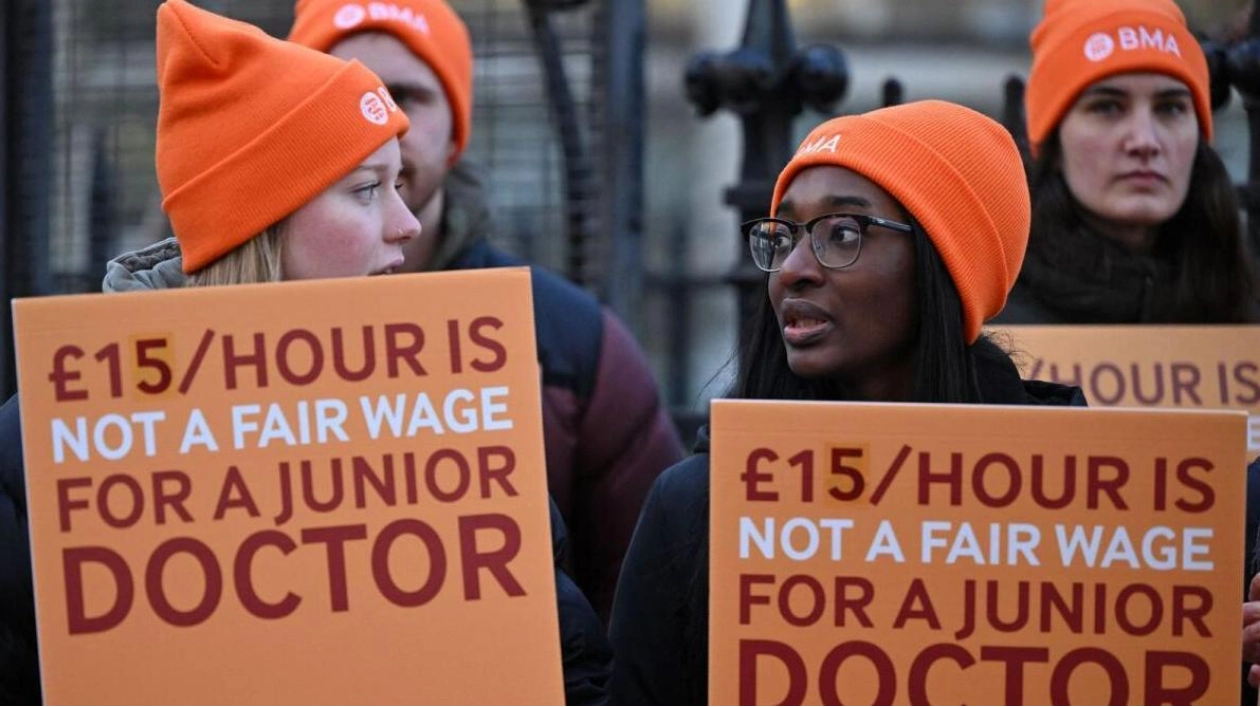Junior doctors in England have secured a better pay agreement with the British government, potentially increasing their income by approximately 20 per cent over a two-year period, according to a Monday report by the Times newspaper. Since the beginning of 2023, junior doctors have conducted multiple strikes demanding higher pay, including a record-breaking walkout in January, marking the longest strike in the 75-year history of the state-funded National Health Service (NHS). The British Medical Association (BMA), representing around 50,000 junior doctors, has been advocating for a 35 per cent salary increase, arguing it is essential to offset the effects of inflation over multiple years.
The previous Conservative government in Britain engaged in several discussions with the BMA but was unable to achieve a resolution in salary negotiations or halt the strikes. The Times reported that the BMA's junior doctors committee has proposed an offer to its members, which includes a retroactive pay increase of 4.05 per cent for 2023-24, in addition to an existing raise of 8.8 per cent to 10.3 per cent. For 2024-25, they are set to receive an additional six per cent increase, complemented by a consolidated payment of 1,000 pounds ($1,285), resulting in an overall 20 per cent increase over two years, as stated in the report.
Regarding the report, a spokesperson for Prime Minister Keir Starmer commented: "We have expressed our desire to work constructively to end these strikes... we are dedicated to finding a solution and settling this dispute." The strikes have exacerbated the strain on the already overwhelmed NHS, resulting in the cancellation of thousands of appointments and procedures. The number of patients awaiting hospital treatment has surged to over seven million cases.






